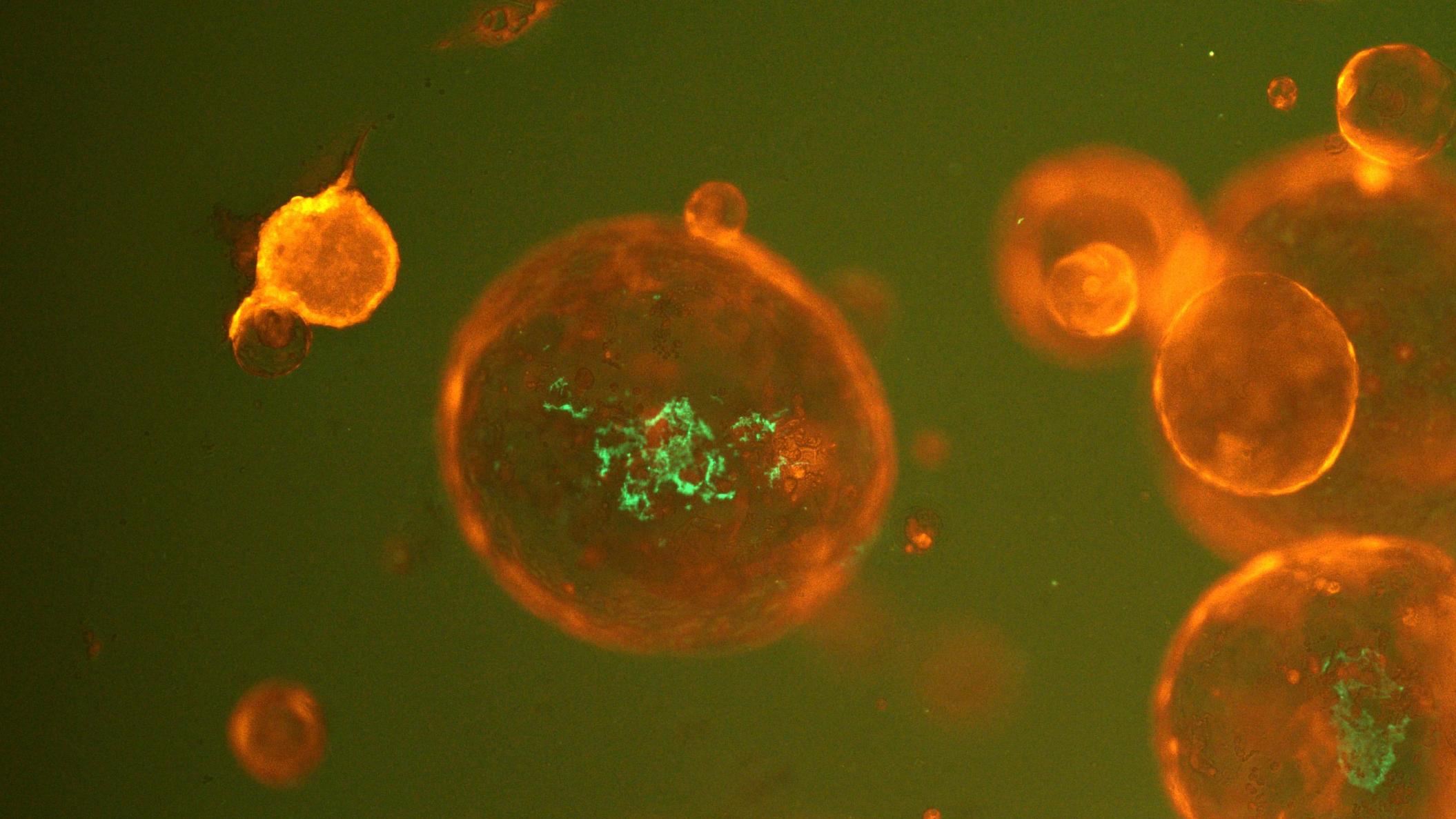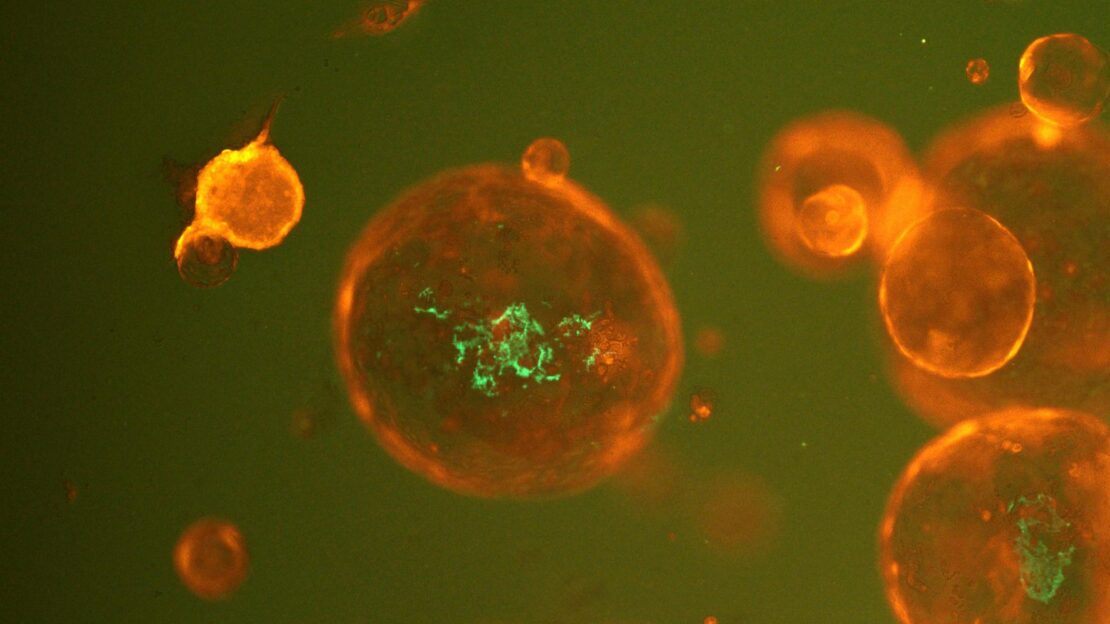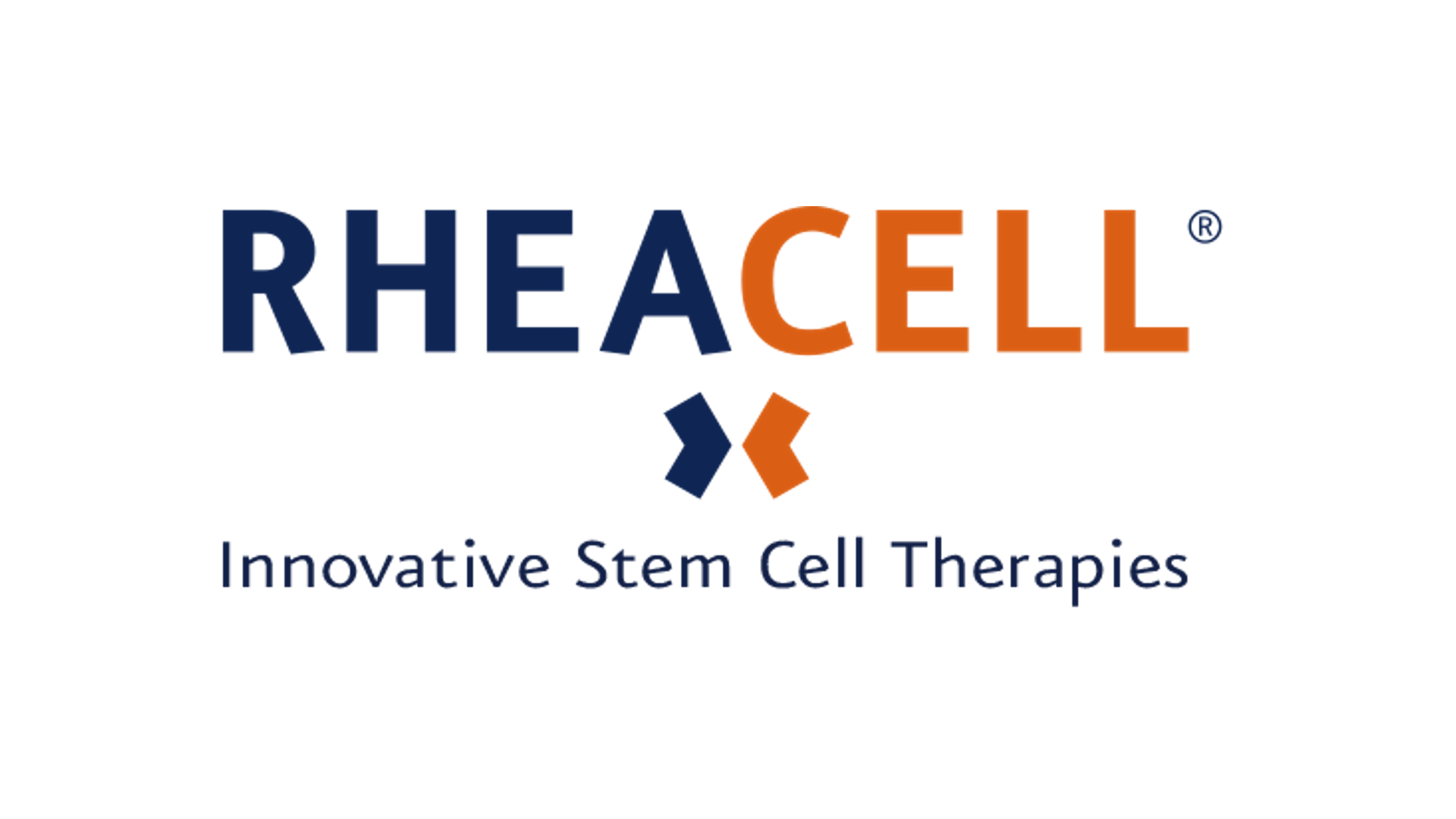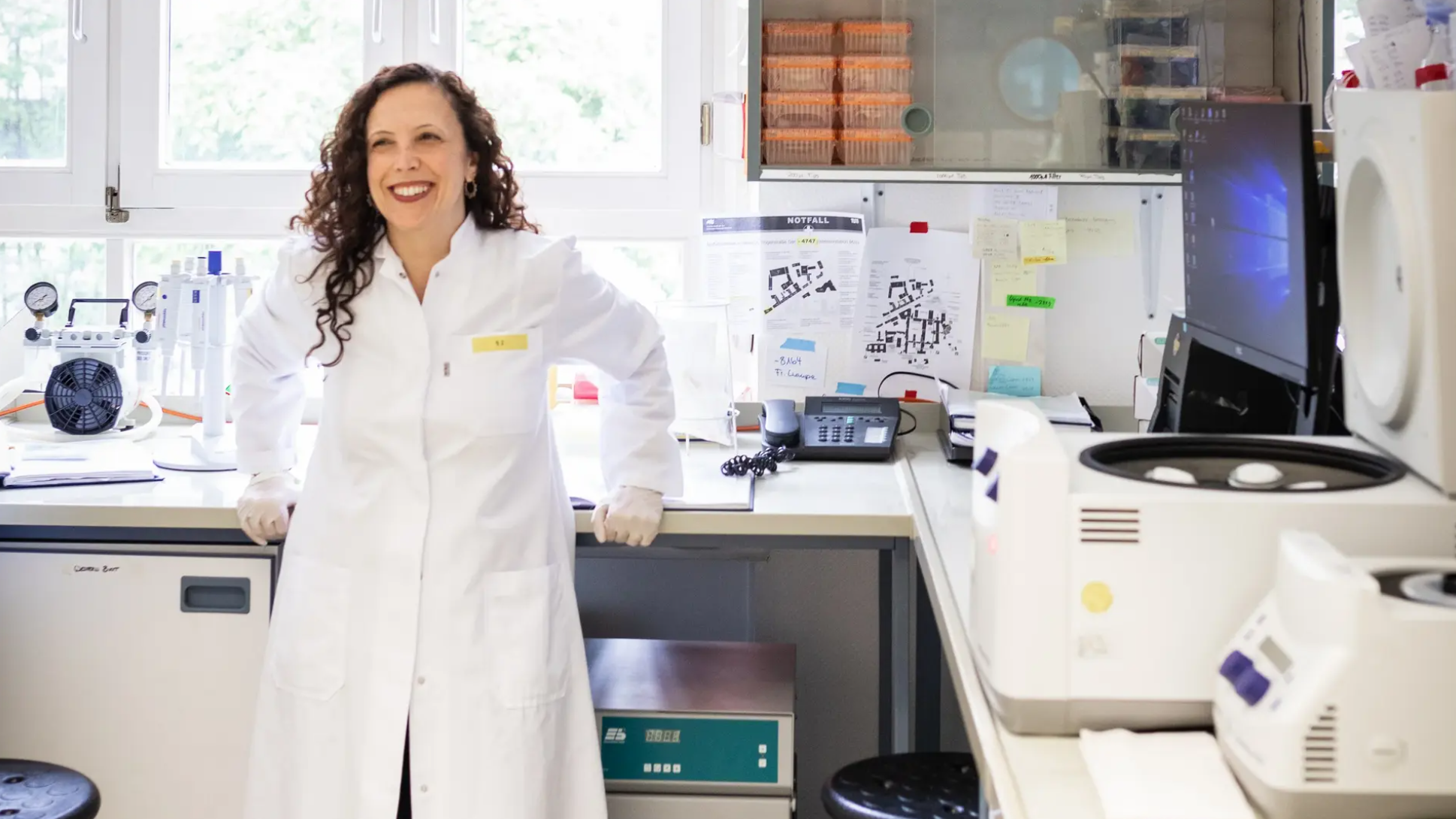Universität Heidelberg: New DFG Research Unit in Oncology

GenoMiCC consortium deals with functional genomics and microbiomics in colorectal cancer and is coordinated at the Medical Faculty Mannheim

In the latest approval round of the German Research Foundation (DFG), Heidelberg University has been successful with a grant application for a new Research Unit in oncology. The GenoMiCC consortium pursues the goal of identifying new approaches to a personalized therapy for colorectal cancer using functional genomics and microbiomics. It is coordinated under the leadership of Prof. Dr Matthias Ebert at the Medical Faculty Mannheim; participating are researchers from six other institutions, including two from Switzerland. The DFG, together with the Swiss National Science Foundation (SNSF), is providing funding of about 6.1 million euros for the four-year studies.

Colorectal carcinomas – malignant tumor diseases of the large intestine – are the second most frequent cause of cancer-related deaths worldwide and constitute about ten percent of all cancerous diseases. Current treatment strategies also build on genome-based precision medicine, where the treatment is adapted to specific molecular changes in the tumor, which has been thought to bring about an improvement in treatment outcome. According to Prof. Ebert, however, studies show that fewer than 20 percent of patients so far benefit from these personalized treatments. The Research Unit “Functional Genomics and Microbiomics in Precision Medicine of Colorectal Cancer” (GenoMiCC) wants to adopt a new approach in this respect.
The scientists are focusing on the cancer ecosystem as a whole, specifically also the intestinal microbiome – that is, the abundance of bacteria inhabiting the human colon. “In the GenoMiCC consortium we will investigate the functions and interactions of both the genes and the microbiome as colorectal cancer develops, and check the extent to which they are significant for successful treatment,” emphasizes coordinator Matthias Ebert, Director of the II. Medical Department of University Hospital Mannheim and a researcher at Heidelberg University’s Medical Faculty Mannheim. “We thereby hope to identify new target structures for personalized therapy that can be used for precision medicine.”
A special feature of the GenoMiCC consortium is that scientists from different fields, particularly from microbiome and cancer research, are leading the Research Unit projects in tandems. Those collaborating include experts from the German Cancer Research Center and the European Laboratory for Molecular Biology in Heidelberg, and also from the two Medical Faculties of Heidelberg University. Additional researchers come from the University Hospital of Düsseldorf, Leiden University (Netherlands), ETH Zurich and the University of Basel (both Switzerland).
The research studies started on 1 November 2025 and are funded in the context of the D-A-CH cooperation of institutions in Germany (D), Austria (A), and Switzerland (CH).




